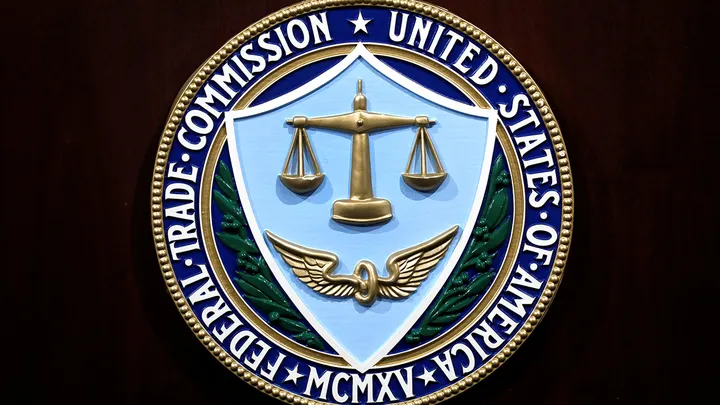
Intuit accused the Federal Trade Commission (FTC) of bias after an administrative law judge ruled the company broke the law by advertising TurboTax as a “free” service.
On Friday, the FTC judge found that Intuit “engaged in deceptive advertising in violation of Section 5 of the FTC Act” and deceived customers with ads offering “free” tax products on its popular TurboTax filing software. This initial decision by Chief Administrative Law Judge D. Michael Chappell will be reviewed by the full FTC, which is likely to uphold the favorable ruling for the agency.
Chappell said there is a “cognizant danger of a recurring violation” by Intuit and ordered the company to cease-and-desist advertising TurboTax as “free” unless it is free to all customers, a majority of U.S. taxpayers or the company clearly states the limits.
Intuit said the ruling was expected “given the Commission’s flawed and highly questionable process” and vowed to appeal the decision.
“The U.S. Federal Trade Commission (FTC) announced that an FTC administrative law judge – an employee of the FTC – has ruled in favor of the FTC in the agency’s own lawsuit against Intuit,” the company said in a blog post. “Intuit will appeal this groundless and seemingly predetermined decision by the FTC to rule in its own favor and is confident that when the matter ultimately returns to a neutral body Intuit will prevail, as it has previously in this matter.”
Sam Levine, director of the FTC’s Bureau of Consumer Protection, defended FTC’s process as objective.
“In recent years, FTC staff has lost more cases than we’ve won before the Administrative Law Judge, who has complete independence from the rest of the agency,” Levine told CNBC in a statement. “What Intuit is really trying to do is distract from a meticulous and thorough opinion that decisively finds they’ve been deceiving the public for years.”
The ruling follows an FTC complaint filed against Intuit in March 2022 that accused the company of deceiving customers by advertising “free” tax filing for millions of users who did not qualify.
The federal watchdog argued that the ads are misleading because “most tax filers can’t use the company’s ‘free’ service because it is not available to millions of taxpayers, such as those who get a 1099 form for work in the gig economy, or those who earn farm income.”
The government agency claims that roughly two-thirds of tax filers could not use TurboTax’s free product in 2020, and has asked a federal court to stop Intuit’s marketing campaign that promises “free” filing despite disclaimers.
But Intuit, which also makes Quickbooks, Mint, Credit Karma and Mailchimp, says the FTC’s claims are unfounded and vowed to defend itself against the lawsuit.
“Intuit already adheres to most of the advertising practices in the FTC’s erroneous decision. There is no monetary penalty, and Intuit expects no significant impact to its business,” Intuit said.
“Intuit has been clear, fair, and transparent with its customers and is committed to free tax preparation. We are proud that over the last 10 years more than 124 million taxpayers have filed their taxes with Intuit completely free of charge — more than all other tax prep software companies combined.
“We believe the FTC’s decision is improper, wholly ignores the facts, and tramples on the foundations of an independent American judicial system with its serving as prosecutor, judge, and jury on its own matters.”
An FTC spokesperson did not immediately respond to a request for comment.